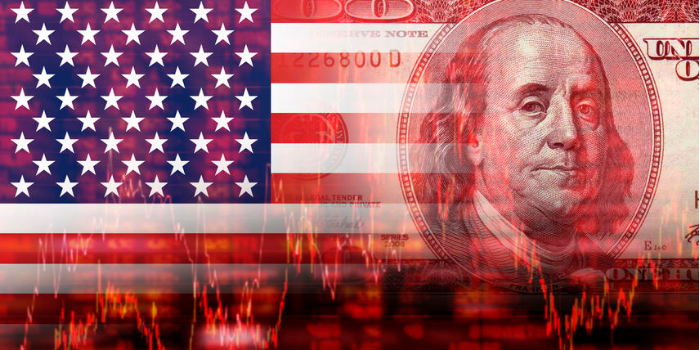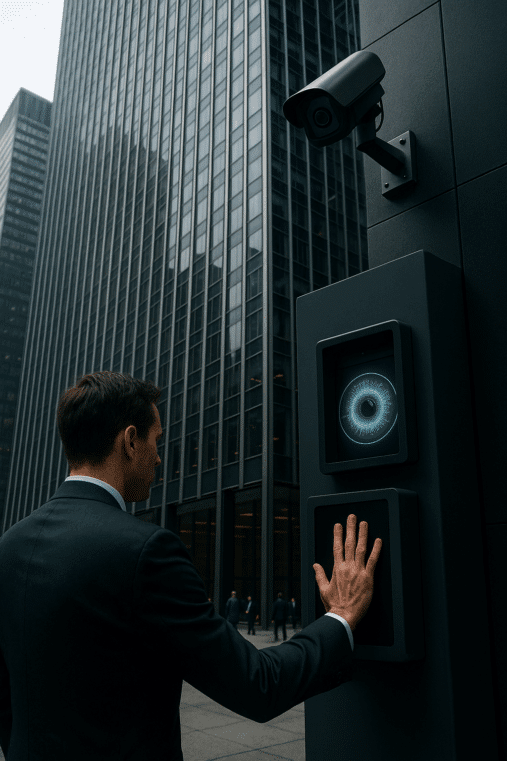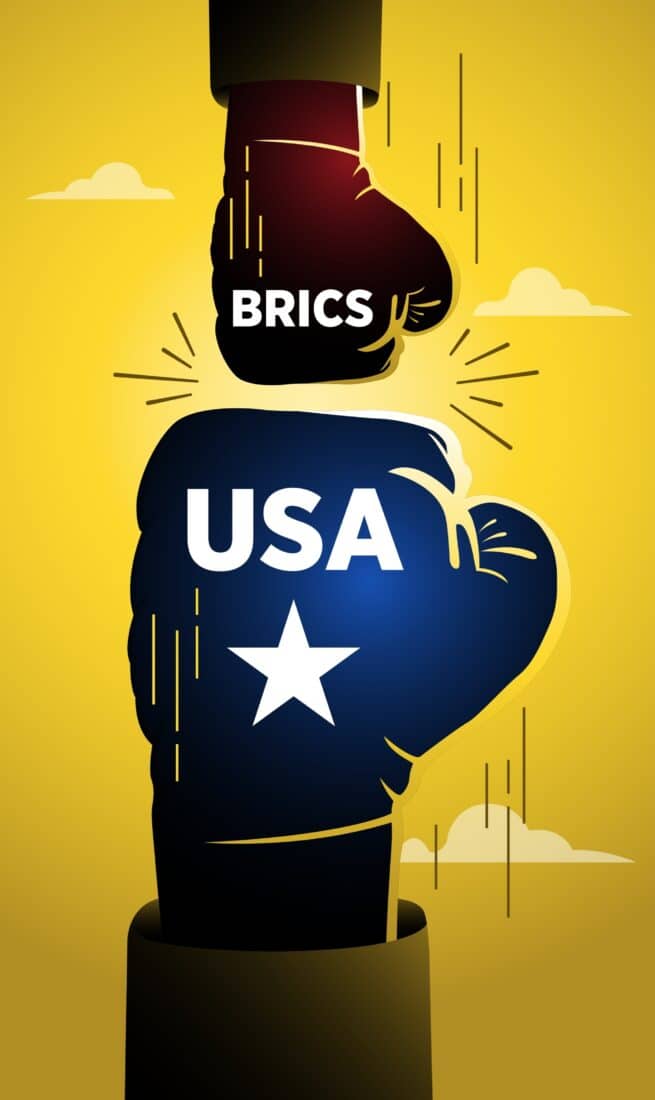
“I Have Not Been This Worried Since 2008” - BofAML's Head Strategist
With all of the volatility that roiled the markets over the past year, we end 2018 with nothing gained, and just a little lost.
At the time of writing, the Dow is 349 points below where it ended in December 2017.
This reduces all of the tumultuous ups and downs to a cumulative flatness, negativity underwhelming.
And while institutional experts may disagree as to what may transpire in the near term, some experts, like BofAML’s head of global rates and currencies research David Woo, have a more dismal outlook: that volatility in the global markets may be much worse than what we saw in 2008.
In case you are not familiar with Mr. Woo, click here to see him receive a standing ovation from 300 of his co-workers the morning after the election for nailing what would happen.
So why does he suddenly have such a pessimistic outlook? Let’s begin with the midterm elections, an event that historically should have seen markets rising, particularly as we approach the third presidential year.
Now that the Democrats have taken over the House, President Trump’s capacity on matters of trade--particularly in striking a deal with China--has been weakened.
Democrats will demand concessions before agreeing to anything that concerns raising the US debt ceiling. As we know, between Trump and the Democrats, there seems to be virtually no common ground in sight.
But there’s something else happening in 2019: the ramping-up of the 2020 Presidential Election.
If you remember how contentious the 2016 election was, you can almost bet that 2020 will deliver just as much vitriolic fun as the last--a scenario in which the now-emboldened Democrats will not be willing to move toward a bipartisan center.
For these reasons among others, BofA’s Woo believes that now is the time to get worried.
Woo cites 2011 as an example, stating that the “brinkmanship literally took the country to the verge of default and culminated in the U.S. losing its AAA credit-rating status. That year we saw more volatility than we can remember. I think 2019 could turn out to be a little worse."
As if it weren’t clear enough, Woo reiterates: "The only thing I’m confident in is volatility will be high next year."
In the meantime, “legacy” problems remain unresolved:
"We’ll have a $1 trillion budget deficit, a big fight over the debt ceiling, gridlock and the U.S. economy will be slowing at the same time...That makes me very nervous," Woo told Bloomberg.
Investors who are looking to diversify their portfolios may sometimes look toward emerging markets (EM) to hedge their US exposures. Woo, who specializes in EM strongly warns against it: "You want to buy EM? I wouldn’t touch EM with a 10-foot pole until there’s a resolution between the U.S. and China."
Although Woo is reluctant to make any directional forecasts, the only thing he seems to be certain about is more, and more heightened, uncertainty.
Uncertainty. That’s what safe havens are for. It’s the why and the when to hedge your bets.
We’re not saying that you should dump equities (though we don’t have any compelling reason to be net long equities either).
But perhaps shifting to a more weather-proof strategy might be a good thing, particularly if you are a retiree who needs both long-term growth and capital preservation.
Have you considered 25% equities, 25% bonds, 25% cash, and 25% precious metals?
If you can think of a better allocation during times of heightened market volatility, looming economic turmoil, geopolitical uncertainty, and higher inflation, then go for it.
But considering that this allocation strategy has protected many an investor since 1929, it’s hard to find any other alternative that’s more convincingly robust.










